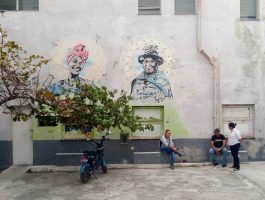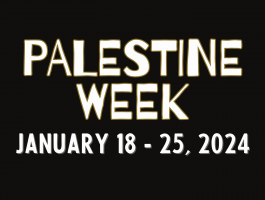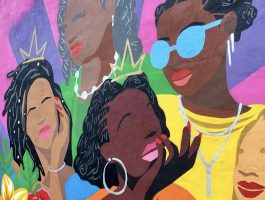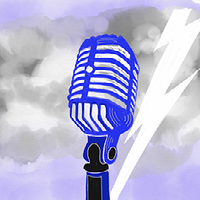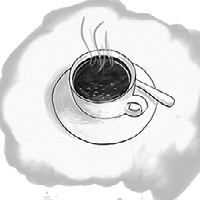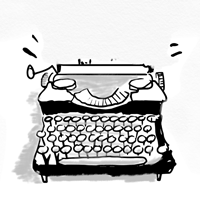‘Can you hear us now?’ Muslim women raise their voices in response to Trump
Washington Post
By Mary Hui
Ekram Hussien was on a train recently when a passenger yelled at her. “If it were left up to me, people like you wouldn’t be in this country,” she remembers him saying.
Hussien, 22, managed to respond, “Well, luckily, it’s not up to you.”
She recounted this incident in a piece of spoken-word poetry, which she performed at an event Wednesday evening organized by Karamah, a national organization of female lawyers who promote the rights of Muslim women.
Your proposed immigration policy is nothing more than misguided fear bottled up and designed to provoke violence with not a whisper of decency,” Hussien said, reciting her poem on stage in front of a crowd of about 70, who cheered and snapped their fingers. “All that yelling, and I still can’t hear your voice.”
The event, called “Strong Communities, Strong Voices,” was held at the Busboys and Poets restaurant on 14th Street NW. On stage, beneath a triptych of black-and-white portraits of the Dalai Lama, Mahatma Gandhi and Martin Luther King Jr., several women stepped up to the mic to share personal stories of challenges, successes and determination as Muslims.
The women were participants in Karamah’s Law and Leadership Summer Program, which each year brings Muslim women from around the world to learn about Islamic law, leadership and conflict resolution.
The event comes at a time when anti-Muslim rhetoric is taking center stage in the country. The speakers responded directly to Republican presidential nominee Donald Trump’s most recent insinuation about Muslims, when he said of Ghazala Khan, who stood quietly beside her husband at the Democratic National Convention, “Probably, maybe she wasn’t allowed to have anything to say.”
Khan, whose son was killed in action serving as a U.S. soldier in Iraq, did speak out on television and in print. But to the women at Wednesday’s event, the implication that Muslim women are silenced was a familiar false trope.
“A lot of people are starting to wonder if Muslim women have voices,” said Aisha Rahman, executive director of Karamah.
Rahman sees education, for both the general public and the Muslim community, as the most effective antidote to anti-Muslim attitudes. Non-Muslims need to know what the religion is truly about, while Muslims “need to feel empowered in their faith.”
“There’s a legacy from 1,400 years ago of Muslim women speaking up with their voices,” Rahman said. But this narrative is not often told — hence the need for events like these, she said.
For Hussien, who lives in Dallas, being a Muslim woman in today’s America means “the epitome of strength.”
Everywhere, she said, there are preconceived notions about Islam directed against her and her fellow Muslims. She constantly has to stand up for herself, and it is exhausting, Hussien said.
But she added, “It’s made me, if anything, stronger in my faith and in who I am. It’s made me stand stronger.”
